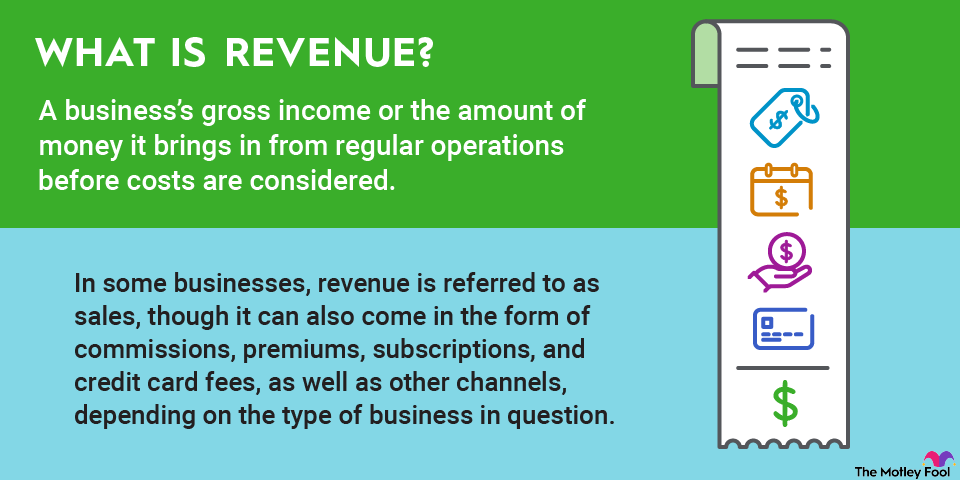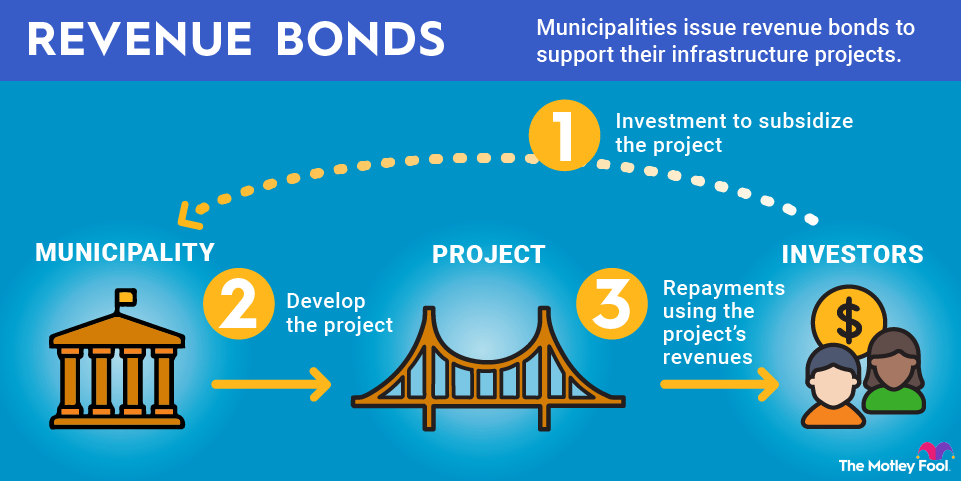In situations where individuals or businesses require long-term services from a contractor, it can be important to have a retainer agreement. Let's examine what they are, why they are important, and when they are used.

What is a retainer agreement?
Retainer agreements are contracts for long-term services, setting the stage for work to be provided over a period of time or based on the completion of a task. These documents are common between lawyers and their clients, but companies or individuals may also use them to contract with others in a work-for-hire situation.
Why are retainer agreements important?
Retainer agreements provide certainty to both parties in a contract. They lay out the terms for contracted work, establish the amount of work and pay being agreed upon, and help protect the interests of the parties involved.
For the person seeking services, the retainer agreement ensures that the other party will be available to provide their work and expertise. Without this assurance, there can be too much uncertainty when proceeding with important matters. If you are proceeding with a legal case or a construction project and the lawyer or construction company suddenly drops out, it can prove very damaging.
Retainer agreements also provide security and certainty for the party whose services are being purchased. Businesses and individual contractors need to have defined schedules and workloads to function effectively.
Damages and lost opportunities can occur if a client says they want services for a project but then backs out. Having a retainer agreement in place helps minimize risk and typically provides up-front financial incentives for businesses and individuals providing contracted services.
When to use retainer agreements
Retainer agreements are especially useful for situations in which the time needed to complete a project or the specific amount of work that will be done is unclear. Rather than outlining exactly how much work will be done, these types of agreements often provide a framework that establishes the terms for future services.
Retainer agreements set key terms for long-term working relationships. They are particularly useful in situations requiring both contractual certainty and flexibility.
If you are hiring a contractor to build a house and want to ensure they will be available to complete the job, it makes sense to sign a retainer agreement and pay a retainer fee to secure their services. The retainer fee will not necessarily cover the full amount of services needed, but it strengthens the contractual relationship.
On the other hand, it probably wouldn't make sense to have a retainer agreement if you just need to have a small tree removed from your property. For small jobs that can be completed in a relatively short amount of time, a retainer agreement is likely unnecessary.
A real-world example of a retainer agreement
Susan wants to build a new house on her property, but she is coming up against opposition from the homeowners' association in her neighborhood. To resolve the issue and move forward with construction, she has hired a law firm and signed a retainer agreement to ensure services will be provided.
As part of the agreement, the law firm was paid a $2,000 retainer fee to ensure that it would be available to provide legal services for the case. It was unclear exactly how long it would take for the issue to be resolved, so the agreement established an up-front fee and hourly rate the firm would be paid for working on the case.
When the legal case started, and services were needed, the retainer fee covered the firm's work up to a certain point. However, as work on the case expanded beyond the scope of the initial fee, Susan paid the firm the agreed-upon hourly rate to secure continued services.



















